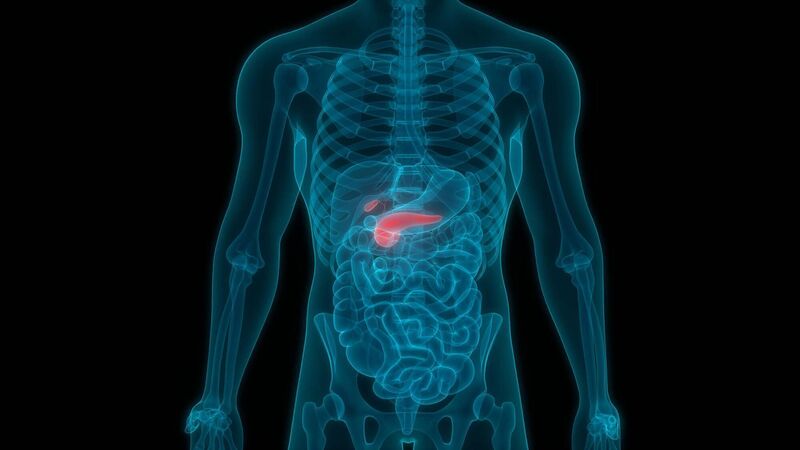Pancreatic cancer: The signs and symptoms to look out for

An estimated 600 people in Ireland are diagnosed with pancreatic cancer each year. The five-year survival has increased slowly over the past decades, but remains very low at 14%, according to Breakthrough Cancer Research.
NO cancer diagnosis is good news, but some cancers are sadly more deadly and more brutal than others — pancreatic cancer being one of them.
An estimated 600 people in Ireland are diagnosed with pancreatic cancer each year.











